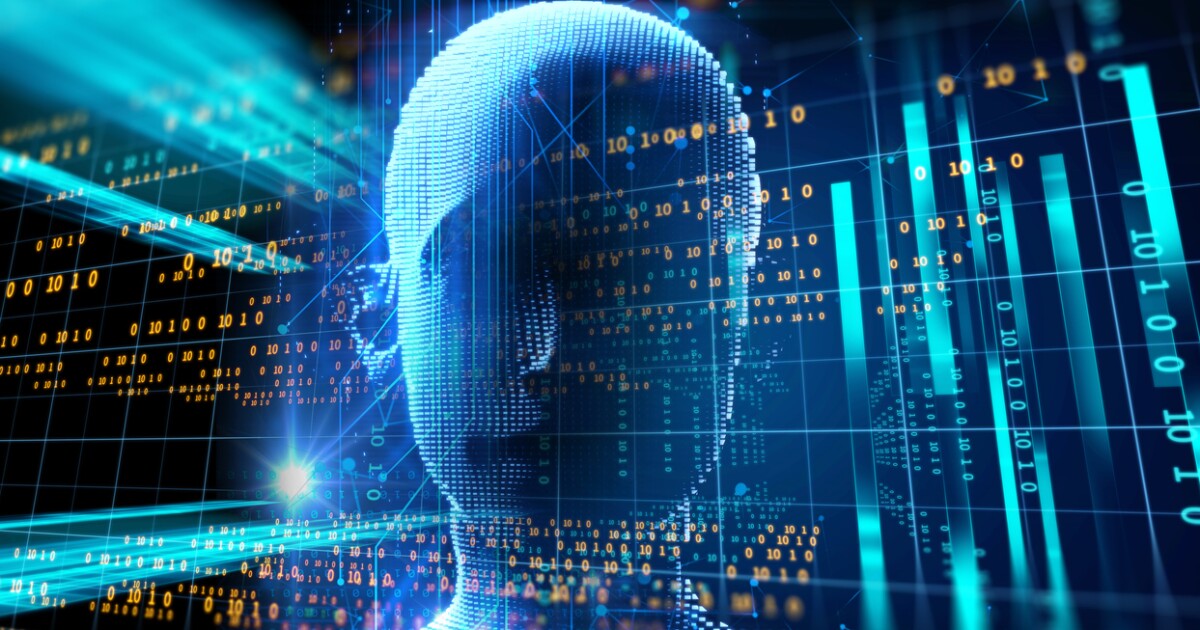

A new chatbot has astounded users with its ability to produce school-level essays and answer coding problems, sparking ethical and technical questions about the software’s effects on society.
The OpenAI foundation released ChatGPT to the public last week. The prototype chatbot caught the public’s attention after it produced professional-grade answers to academic and coding questions. The viral AI saw its user base quickly surge to 1 million users over six days, according to OpenAI CEO Sam Altman.
The current bot is an “early demo,” Altman argued, saying that it could provide the base for digital assistants in the future. These assistants would first “talk to you, answer questions, and give advice. Later you can have something that goes off and does tasks for you. Eventually, you can have something that goes off and discovers new knowledge for you.”
HUNTER BIDEN CONFRONTED ABOUT LAPTOP DRAMA AT WHITE HOUSE EVENT
ChatGPT is the latest evolution of Generative Pre-trained Transformer, or GPT, technology. The app uses a mixture of AI and machine learning to provide relevant information through a chat interface. All answers draw on an extensive collection of text from the internet and are processed by the app to create clear language resembling human statements.
The platform can form logical and plausible-sounding answers based on a large amount of text it had learned from the internet but cannot fact-check or ensure that a statement is accurate. The bot is also able to adapt and learn from its users. “The dialogue format makes it possible for ChatGPT to answer follow-up questions, admit its mistakes, challenge incorrect premises, and reject inappropriate requests,” the chatbot’s developers said in a blog post announcing the bot.
The bot can respond to simple queries and provide relevant answers, including descriptions and solutions to complex questions. It also includes the ability to answer complex data-based questions, such as how to write code or solve layout problems.
The accuracy of the bots has astounded several academics, who claim the results resemble undergraduate-level essays. The one downside is that the bot cannot ensure it is providing accurate information. The bot has a significant source of data to use to answer queries but not a “source of truth,” according to the developers. It will either provide information already contained within the reviewed data or use it to create a plausible-sounding answer.
For example, tech analyst Ben Thompson asked ChatGPT about Thomas Hobbes’s beliefs. While the presented answer appears well-sourced, it fails to present Hobbes’s beliefs on the matter properly.
CLICK HERE TO READ MORE FROM THE WASHINGTON EXAMINER
The bot is also sensitive to simple changes in phrasing and may answer the question differently based on the specifics of the query.
While ChatGPT is free, Altman is considering monetizing it by charging per chat. Users can visit OpenAI.com to sign up to use the chatbot. However, users may have to join an email list due to the service being overwhelmed.







